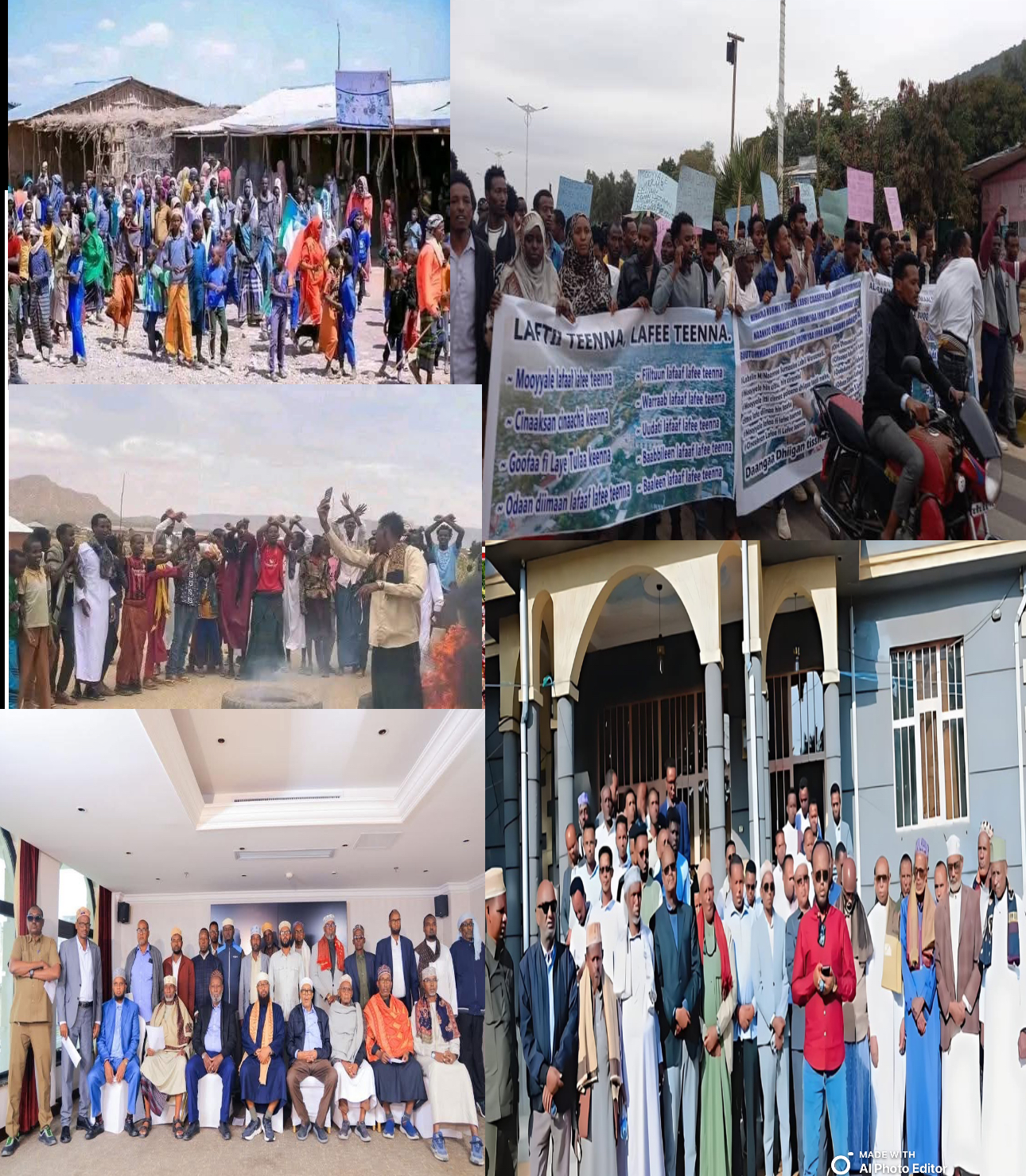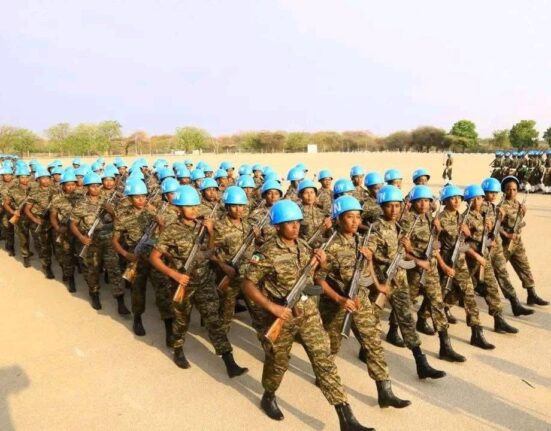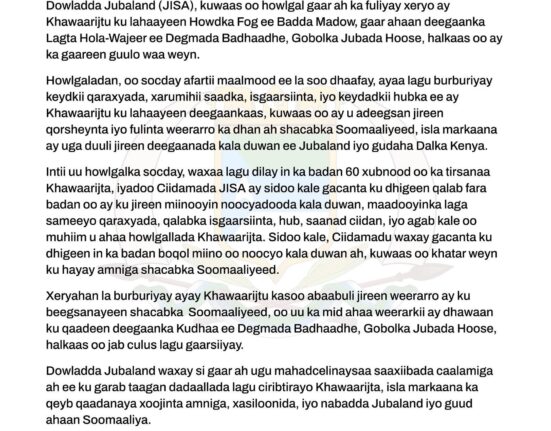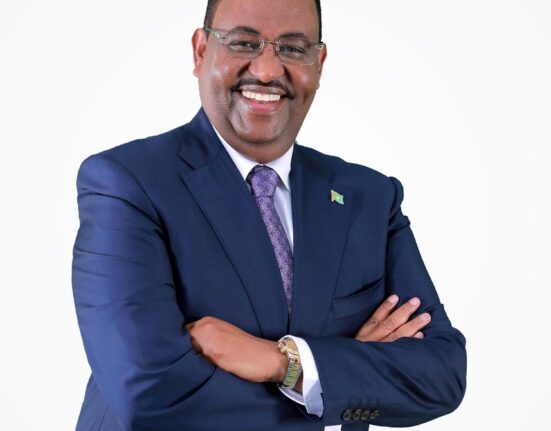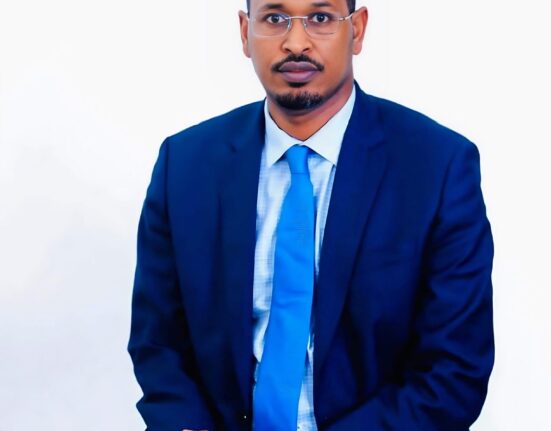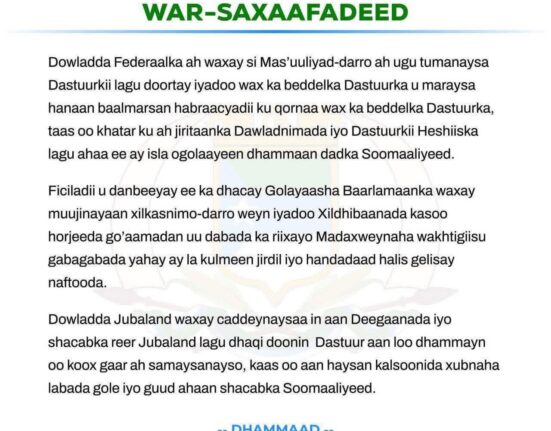By: Chella Gemachu
The Prosperity Party is on the brink of losing what could amount to more than ten million supporters due to a highly controversial and divisive restructuring decision initiated by Somali Regional State President Mustafe Omar. This recent move has ignited outrage, deepened inter-regional tensions, and shattered the trust of communities that were once loyal pillars of support for the ruling party.
A Dangerous Restructuring
Mustafe Omar’s government recently announced the creation of 4 new zones, 14 new woredas, and 24 city councils in the Somali Region. What makes this restructuring highly combustible is its geographic and political sensitivity. Many of the newly formed administrative units fall in borderline areas between the Somali and Oromia regions, territories that have historically been disputed such as Moyale, Shakissa, and Marmarsa near Dire Dawa.
By including Marmarsa as a city council under Somali jurisdiction, Mustafe has essentially ignited an already fragile situation, provoking accusations of undermining Dire Dawa’s development trajectory and destabilizing regional harmony. These decisions are not just administrative they are political time bombs.
Public Backlash and Community Uprising
Following the announcement, widespread protests erupted across the Somali Region. Thousands took to the streets, voicing their condemnation of what they view as a reckless, clan-biased, and politically motivated decision. Over 60 respected elders and community leaders traveled to Addis Ababa to lodge formal complaints with Prime Minister Abiy Ahmed, presenting a scathing indictment of Mustafe Omar’s leadership. Their statement accused the Somali regional leadership of:
• Institutionalized corruption
• Rampant tribalism
• Severe mismanagement
• Lack of transparency and accountability
• Creating long-term security risks to the country
These elders represent the moral conscience of the region. Their decision to bypass the regional government and appeal directly to the federal leadership is a serious warning sign that the social contract between Mustafe and his people has broken down.
Tensions Spill Over into Oromia
The backlash is not confined to Somali Region. Four Oromia zones bordering the disputed areas have seen mass protests. Oromo residents, activists, and opposition parties have made it clear: these are Oromo lands, and they will not accept their reallocation to Somali administration. Influential figures like Jawar Mohammed, and major parties such as OLF and OFC, have issued strong condemnations, calling the move illegal, inflammatory, and dangerous.
Their core accusation: the Prosperity Party is playing a dangerous game, stoking inter-regional conflict in a bid to consolidate power or worse, to divert attention from national failures.
Who Is Behind the Orchestration?
The prevailing public sentiment, especially among Oromo and Somali intellectuals, is that Mustafe Omar could not have acted unilaterally. Such a monumental decision, they argue, must have had the knowledge if not the blessing of Prime Minister Abiy Ahmed and senior Prosperity Party officials like Adem Farah. If that is true, then the party itself is implicated in an intentional destabilization scheme.
Alternatively, if Mustafe acted without the party’s knowledge, then he has undermined the leadership of Prosperity, raising the possibility that he is working with or for opposition forces—from Fano and OLA to figures like Jawar Mohammed and Gedu Andargachew. These are individuals with well-documented ambitions to reshape Ethiopia’s political future, often at the expense of federal stability.
In this light, Mustafe’s move seems less like a miscalculation and more like a calculated sabotage.
A Turning Point for Prosperity Party
It is no exaggeration to say that this crisis may determine the political survival of the Prosperity Party. The Somali, Oromo, and Afar communities constituting over ten million voters have expressed clear disillusionment and anger. If these grievances are ignored, Prosperity risks hemorrhaging support in its most strategic regions.
The ongoing Central Committee meeting of the Prosperity Party is therefore a decisive moment. Will the leadership listen to the voices of the people, elders, and protesters? Will they hold Mustafe accountable, investigate the process, and restore confidence? Or will they allow internal factions and personal loyalties to override national interest?
Conclusion: A Party at Crossroads
The Prosperity Party was founded to unify Ethiopians under a common, inclusive federal vision. But this latest move by Mustafe Omar threatens to undo years of progress, deepen ethnic mistrust, and open the door to instability and division.
If the leadership fails to act swiftly and decisively, they may not just lose ten million voters—they may lose their legitimacy as Ethiopia’s governing party.
The stakes could not be higher.
For the sake of the nation, for the future of federalism, and for the survival of peaceful coexistence between Somali and Oromo peoples, the Prosperity Party must take a stand—before the damage becomes irreversible.
By: Chella Gemachu
Political Analyst and Scholar, Haramaya University
📧 Email: chella.gem@gmail.com
Editorial Note: The views expressed in this article do not necessarily reflect those of HornCurrent.com.


